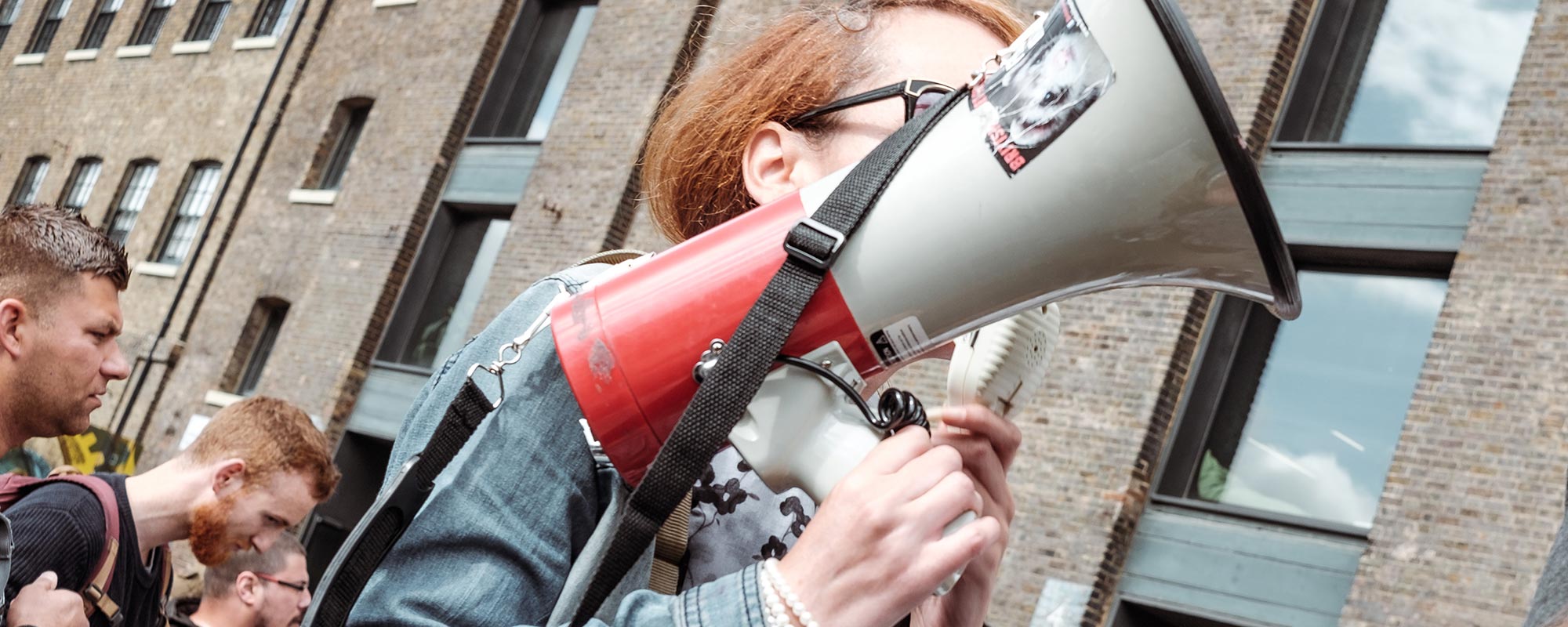The CCLA will be in the Ontario Court of Appeal on June 15 and 16, 2022, intervening in a case that addresses the importance of political expression and the scope of the right to vote. The Working Families case has been through several stages, and CCLA has been an important part of each one – speaking out on the need to protect core political expression and guard against partisan self-interest being used to change the electoral rules and silence voices that are critical of the government. The case is a constitutional challenge to the third-party election advertising rules that operate for an entire year before an election is called. Under these rules, third parties (ie. not political parties or candidates) are restricted in how much they can spend on election advertising, although the scope of what is considered election advertising is quite broad and includes ads that address an issue which is reasonably considered to be closely associated with a party or candidate.
These provisions were initially challenged by the Working Families group (made up of labour unions and individuals) as being unreasonable restrictions on freedom of expression; the CCLA intervened. The Ontario Superior Court agreed that the provisions were unconstitutional and struck them down. The Ontario government quickly decided to invoke the Charter’s notwithstanding clause for the first time in the province’s history. The notwithstanding clause allows a government to enact a law that operates notwithstanding the fact that it violates some constitutionally protected rights (including freedom of expression but excluding the right to vote).
The Working Families coalition decided to challenge the third-party restrictions that were in place despite the use of the notwithstanding clause. They argued that the election advertising rules didn’t only impact freedom of expression, it also affected the right to vote, which is protected by s. 3 of the Charter and cannot be ousted by the use of the notwithstanding clause. This challenge was unsuccessful before the Ontario Superior Court of Justice but will be heard by the Ontario Court of Appeal on June 15 and 16. The CCLA is proud to intervene once again, arguing that the scope of the right to vote should be understood broadly and that the inability of the notwithstanding clause to override the right to vote further enhances this interpretation. Our argument also focused on how government’s can unfortunately be motivated by partisan self-interest when making reforms to the electoral system, calling for greater judicial scrutiny of the law when its constitutionality is challenged.
The CCLA’s factum for the Court of Appeal is here.
The CCLA is grateful to David Rankin, Lindsay Rauccio, Stephen Armstrong, Graham Buitenshuis and Jayne Cooke of Osler for its outstanding pro bono representation throughout this lengthy case.
About the Canadian Civil Liberties Association
The CCLA is an independent, non-profit organization with supporters from across the country. Founded in 1964, the CCLA is a national human rights organization committed to defending the rights, dignity, safety, and freedoms of all people in Canada.
For the Media
For further comments, please contact us at media@ccla.org.





